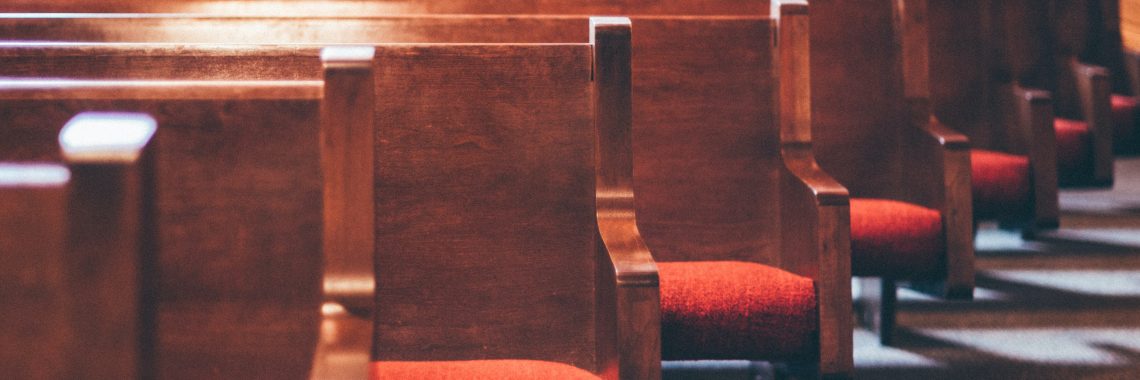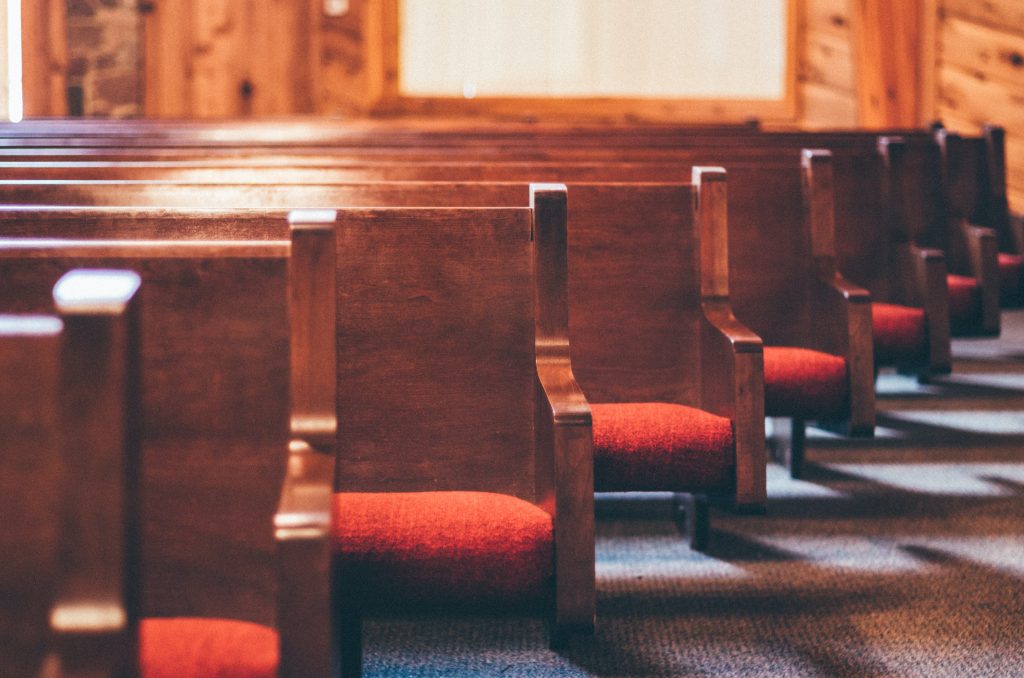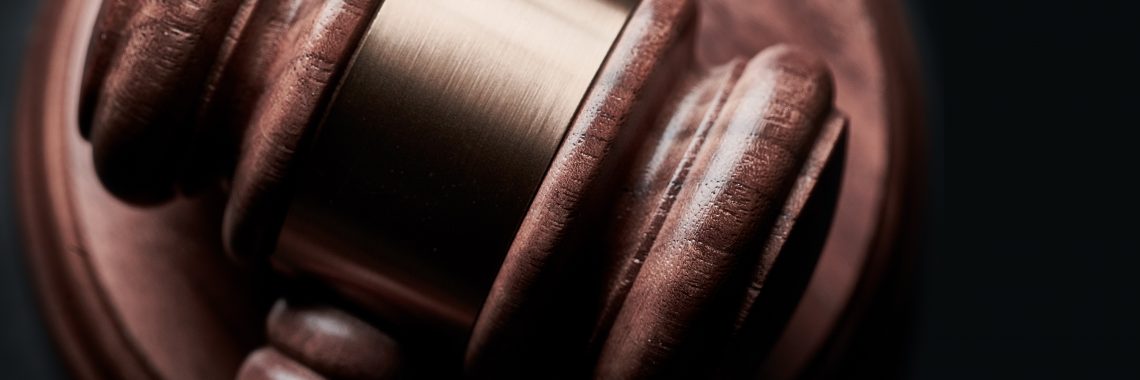Southern Baptist Denomination in Arkansas Endorses Religious Freedom Amendment Issue 3, Opposes Marijuana Amendment Issue 4

The following is a press release from Family Council Action Committee.
HOT SPRINGS, Ark. – On Wednesday the messengers at the Arkansas Baptist State Convention’s annual
meeting ratified two resolutions endorsing Issue 3, the Arkansas Religious Freedom Amendment, and
opposing Issue 4, the amendment to legalize marijuana in Arkansas. The Arkansas Baptist State Convention represents Southern Baptist churches in Arkansas and is the state’s largest denomination.
In the resolution endorsing Issue 3, the Arkansas Baptist State Convention said that, “for countless people in our state, faith is an integral part of every aspect of daily life and is not limited to the homes, houses of worship, or doctrinal creeds of those individuals.” The resolution concluded by calling on Arkansans to support Issue 3, the Arkansas Religious Freedom Amendment.
The resolution opposing marijuana Issue 4 said that legalizing marijuana would bring “potential undesirable and dangerous effects to the Natural State,” and urged voters to vote against Issue 4 this November.
Family Council Action Committee Executive Director Jerry Cox issued a statement saying, “Issue 3 protects everyone’s free exercise of religion. Some of the nation’s leading experts on religious liberty have endorsed Issue 3. We are grateful to Arkansas’ Southern Baptist churches for endorsing this religious freedom amendment as well.”
Cox said that bipartisan opposition against marijuana Issue 4 is growing across Arkansas. “People on both sides of the political aisle agree that Issue 4 legalizing marijuana is a bad deal for Arkansans. Marijuana industry insiders wrote Issue 4, and Issue 4 will hurt our state if it passes. We are grateful to Arkansas’ Southern Baptist churches for taking a stand against marijuana amendment Issue 4.”
###





